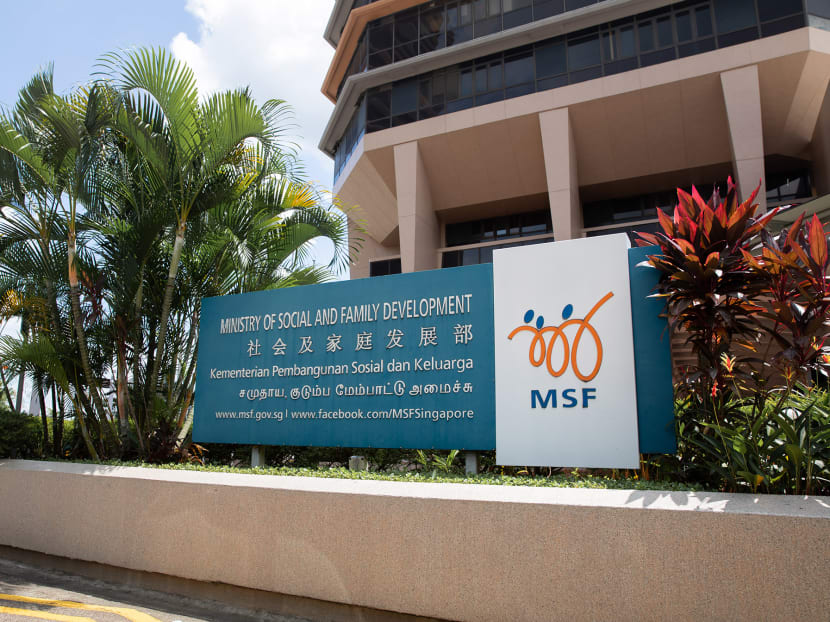Reducing caseloads is the best way to ease anxiety among social workers
I refer to the report, "Nearly 6 in 10 front-line social workers in S'pore affected by anxiety at height of pandemic: Study" (Dec 10). The findings, including how "social workers who work in Family Service Centres (FSCs) faced higher depression rates", are not surprising to me as a community social worker.
I refer to the report, "Nearly 6 in 10 front-line social workers in S'pore affected by anxiety at height of pandemic: Study" (Dec 10). The findings, including how "social workers who work in Family Service Centres (FSCs) faced higher depression rates", are not surprising to me as a community social worker.
The study found anxiety levels were more pronounced among younger social workers, due in part to a lack of supervision during the Covid-19 crisis, and organisational support could help ease their distress.
But access to supervision and support is already governed by extensive social sector-wide guidelines.
In any case, supervision, while valuable, isn’t the silver bullet to decrease our anxiety or depression, as it will not fully address the helplessness social workers feel when we don’t have the time or resources for someone who needs more support.
Reducing caseloads will improve our capacity to help clients.
Together with providing more resources to relieve the suffering of clients, morale will inevitably improve.
According to the Ministry of Social and Family Development (MSF), social workers at the FSCs each handle an average of 22 cases per year.
In my experience, however, junior workers can have 30 to 45 cases at any one time. Senior social workers typically have lower case numbers as they tend to take on more complex cases and also have supervisory duties.
Studies have shown that for lower-intensity services, the recommended caseload sizes would be 20 to 30. It is 10 to 20 for moderately intensive services and five to 10 for highly intensive services.
Social workers journey with families struggling with food and shelter issues or difficulties accessing resources such as healthcare, childcare, financial help or employment.
Social workers carry out multiple roles, such as applying for financial assistance and food rations, appealing for subsidies, and linking beneficiaries up with agencies offering employment support, marital counselling and so on.
For each case that social workers at FSCs handle, they often have to oversee not just one person’s needs but multiple needs, including those of the person’s family.
Yet, with a heavy caseload, social workers cannot spend more time with their clients or on applications for support.
Attributing social workers’ anxiety and depression to a lack of resilience and self-care skills is a double whammy to social workers on the front line supporting people as best they can.
What needs to be done is to identify the key factors that cause social workers not to perform their roles as they should and to tackle these.
Organisations can speak to MSF, which oversees social work at FSCs, to discuss ways to streamline paperwork, increase resource allocation to directly assist people in crises, and achieve more realistic caseloads.
Social service professionals and agencies can also cultivate a culture of transparency and trust. Senior managers could take the lead in sharing their own struggles and perhaps skills that help them cope.
When social workers realise that others share similar feelings, they would feel less isolated and a sense of support.
ABOUT THE WRITER:
Elizabeth Quek Ser Mui has been a community social worker for low-income families in the last 15 years, including nine at Family Service Centres.
Have views on this issue or a news topic you care about? Send your letter to voices [at] mediacorp.com.sg with your full name, address and phone number.







